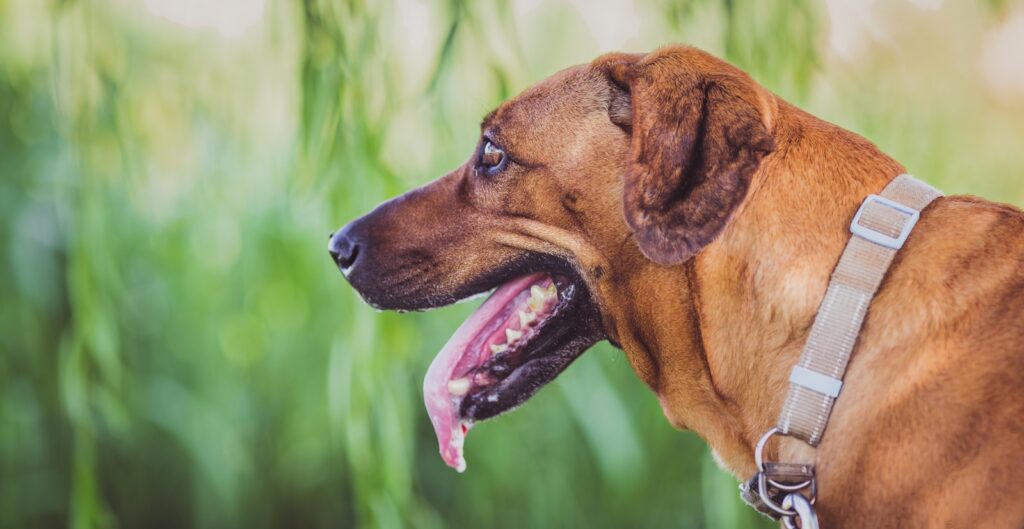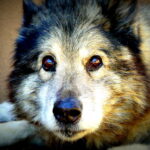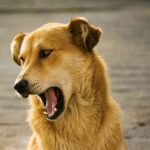Dogs are our beloved furry companions, bringing joy, loyalty, and sometimes, a little mess into our lives. One common phenomenon among many dog breeds is excessive drooling. Have you ever wondered why some dogs seem to produce more drool than others? In this article, we’ll explore the reasons behind this slobbery behavior and what you can do to manage it.
Introduction to Dog Drooling
Drooling is a natural and normal behavior for dogs, but excessive drooling can sometimes be a cause for concern. Dogs produce saliva to aid in the digestion process, keep their mouths moist, and even regulate their body temperature. However, when drooling becomes excessive, it can be messy and uncomfortable for both the dog and their owner.
Understanding the Anatomy of a Dog’s Mouth
Before we delve into the reasons behind excessive drooling, let’s take a closer look at the anatomy of a dog’s mouth. Understanding how a dog’s mouth works can help us better understand why some dogs drool more than others.
- Salivary Glands: Dogs have three pairs of salivary glands—the parotid glands, sublingual glands, and mandibular glands—that produce saliva.
- Tongue: Dogs use their tongues not only for eating and drinking but also for grooming and regulating body temperature.
- Teeth and Jaw: The shape of a dog’s teeth and jaw can influence how saliva is distributed in the mouth and how much drooling occurs.
Reasons Behind Excessive Drooling
1. Breed Characteristics
Some dog breeds are more prone to excessive drooling due to their genetics. Breeds such as Bulldogs, Saint Bernards, and Mastiffs are known for their loose, jowly mouths, which can lead to more drooling compared to breeds with tighter lips.
2. Dental Issues
Poor dental hygiene or dental problems such as gum disease, tooth decay, or oral infections can cause excessive drooling in dogs. When a dog’s teeth and gums are not properly cared for, bacteria can accumulate, leading to inflammation and increased saliva production.
3. Heat Regulation
Dogs pant to regulate their body temperature, especially when they are hot or excited. Panting causes increased airflow through the mouth, which can result in more saliva production and drooling.
4. Nausea or Digestive Issues
Nausea, stomach upset, or gastrointestinal problems can trigger excessive drooling in dogs. When a dog feels sick or experiences indigestion, it may salivate more than usual as a natural response to the discomfort.
5. Stress or Anxiety
Just like humans, dogs can experience stress and anxiety, which may manifest in various ways, including excessive drooling. Stress-induced drooling is often accompanied by other signs of anxiety, such as panting, pacing, or whining.
Managing Excessive Drooling
While some causes of excessive drooling may require veterinary attention, there are several steps you can take to manage drooling in your dog:
- Maintain Dental Hygiene: Regular brushing, dental chews, and dental check-ups can help prevent dental issues that may contribute to excessive drooling.
- Provide Access to Water: Ensure your dog has access to fresh water at all times to prevent dehydration and promote healthy saliva production.
- Monitor Diet: Pay attention to your dog’s diet and avoid feeding them foods that may cause stomach upset or digestive issues.
- Reduce Stress: Create a calm and comfortable environment for your dog, especially during stressful situations such as thunderstorms, fireworks, or vet visits.
- Visit the Vet: If your dog’s drooling is persistent or accompanied by other concerning symptoms, consult your veterinarian for a thorough examination and appropriate treatment.
Conclusion
While drooling is a normal behavior for dogs, excessive drooling can indicate underlying health issues that require attention. By understanding the reasons behind excessive drooling and taking proactive measures to manage it, you can help keep your furry friend happy, healthy, and slobber-free.
Frequently Asked Questions (FAQs)
Q: Is it normal for my dog to drool a lot?
A: Some drooling is normal for dogs, especially after eating or drinking, or when they are excited. However, excessive drooling that is persistent or accompanied by other symptoms may indicate an underlying health issue.
Q: How can I tell if my dog’s drooling is a sign of a dental problem?
A: If your dog’s drooling is accompanied by bad breath, swollen or bleeding gums, difficulty eating, or reluctance to chew on toys, it may be a sign of a dental issue. Consult your veterinarian for a dental examination.
Q: Can stress cause my dog to drool excessively?
A: Yes, stress or anxiety can trigger excessive drooling in dogs. If you notice your dog drooling more than usual during stressful situations, try to create a calm and reassuring environment for them.



